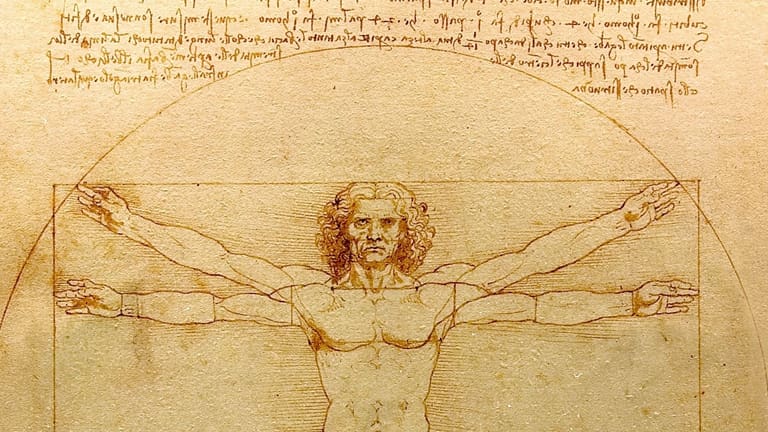The Immaterial and Material Nature of Man
Today we will begin to break down our definition into smaller pieces and hopefully, we will have time to break those pieces down even further. I know most people do not relish the thought of reading technical or academic language, and so I will try to limit its use. However, there are certain fundamental principles or assumptions about who we are that ought to inform our encounter of the question, “If I feel this way, does that not mean I am made this way?” or “Am I my feelings?” So let’s dive in.
Composite Nature
“It belongs to the very essence of the soul, to be united to the body… The human soul remaining in its own existence after separation from the body has a natural aptitude and natural tendency to union with the body.” I-I. Q.76 a.1
Thomas is saying that the characteristic of our soul that makes it different from any other living principle found in plants, animals, angels, and even God – excepting the dual natures of the person of Christ. The human soul was created to be united to a human body. Without a body, the soul is not complete. Not only has this been taught consistently from ancient philosophy until today but it has also featured prominently in the Church’s magisterial teachings from the early church up to the present. Just as importantly the composite nature is implicitly and explicitly spoken of in Sacred Scriptures, especially in those books or passages about the end times. Though the word ‘composite’ does not itself appear.
According to Sacred Scripture when a man dies he though he is judged and receives his reward, it is not complete until the Messiah comes again and recreates creation, resurrecting our bodies and reuniting them with our souls. Not a new body, but a recreation of your original ensouled body, which will be present at the final judgment to receive our eternal reward. In this way, Scripture manifests that there is an incompleteness when the soul and the body are separated, that the body is in some way unique to the soul.
The emphasis on the physical and spiritual making again of all Creation points to the reality that our human acts – that is freely willed actions – have consequences for every dimension of the person and all of creation. The actions of a body-soul composite: created, fallen, redeemed, vocational, emotional, virtue oriented, relational, sensory-perceptual-cognitive, and any other dimensions effect us and those we are in a relationship with within all the previously mentioned dimensions. our actions always come from the fullness of the nature of the person.
This is also true for how we come to know things and judge things. Our interactions with the world, sensible experience and actions, generate knowledge about real things existing in the world. The soul takes the sensible information and through the internal powers of our composite nature, which we will cover more in-depth later, abstracts or uncovers truths about the object that are beyond the sensible information, truths about the nature of the thing. For example, your encounter with a tree tells you more about this tree in particular: roughness, hardness, color, shape, living or non-living, et cetera. Over time, you pull out of the common tree experiences, a transcendent truth that applies particularly and universally to trees, forming a definition. A tree is a “woody perennial plant, typically having a single stem or trunk growing to a considerable height and bearing lateral branches at some distance from the ground.”
This movement between universal and particular or absolute truth, specifically the practical application of the universal truth to daily life situations is the foundation of ethics and morality. Ethics and morality are both sciences ordered to recognizing and habitually seeking the good and avoiding evil. Choosing the good habitually is the practice of virtue and choosing evil habitually is the practice of vice. A composite nature that is practicing virtue in bodily ways is growing in virtue in spiritual ways and vice versa.
These are only a few of the major implications of those two words of our definition. One take for reflection might be that due to a composite nature, my beliefs about myself and others need to be in conformity with reality if I am going to live according to nature and by logical extension according to the will of God.
Next week we will draw out what this means for the spiritual life practically and perhaps get into the passions or appetites of the person.
Resources used for the post:
Aquinas 101 Francis Selman
A Tour of the Summa Paul Glenn
Summa of the Summa Peter Kreeft
Catechism of the Catholic Church §355 – 384 §1020-1065
Catholic Encyclopedia A.D. 1910 – Man
St. Thomas Aquinas – I-I Q. 75 & 76
Tree. (2019). In Oxford Online Dictionary. Retrieved from https://en.oxforddictionaries.com/definition/tree



(2) Comments
Peter Caracci
I am new to the group and not to be disrespectful but I wish that some of blogs would deal with the psychological and real life struggles of living out the goals of Courage. Father Harvey stated that SSA is caused by “arrested psycho sexual development” which can come from numerous situations and experiences in a persons life. Advice and encouragement on how to live out the Courage goals and what are the “horizon of opportunities” available to an individual dealing with this very human situation would be of interest to me (and possibly others).
Fr. Blatchford
Peter,
I appreciate your honesty. Part of the reason I began laying out the definition of the human person philosophically, theologically, and psychologically is that I have experienced a manifest lack of basic knowledge about the nature of the human person. It is my intention to address your concern once we have shown that man has been created to be a relational being and that affirmation — interpersonal intimacy expressed in one of six ways: spiritual, social, physical, emotional, intellectual, and emotional — is an essential part of human development and flourishing. However, we could run an interim post once a month addressing your point and connecting to the topic of the post.